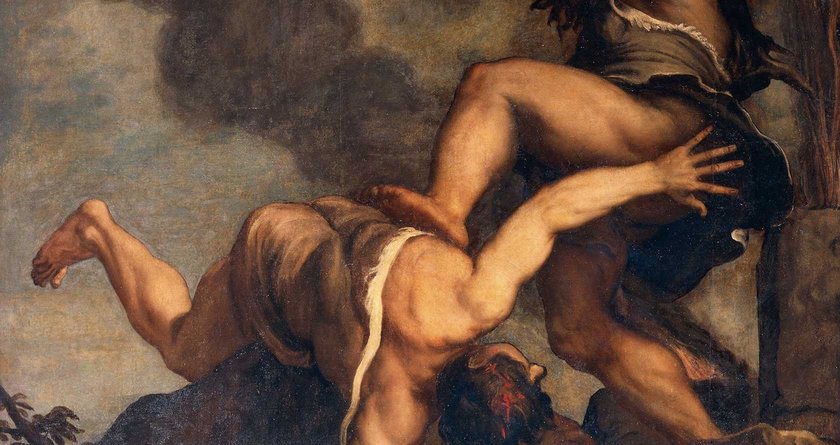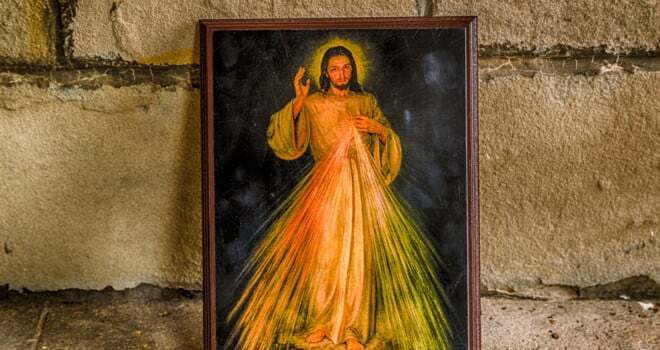I’ve heard plenty of arguments for atheism over the years—some thoughtful, some clever, and some… well, let’s just say I used to rattle off the worst of them back when I was an angsty 17-year-old agnostic.
Today I want to look at 7 terrible arguments for atheism—the kind that sound good at first but fall apart when you give them more than five seconds of thought.
1. "Who created God?"
This question misunderstands what Christians (and classical theists) mean by “God.” God, by definition, is uncaused—the necessary, self-existent being who causes everything else. Asking “Who created God?” is like asking “What’s north of the North Pole?” or “If your brother is a bachelor, what’s his wife’s name?” It’s a category mistake. The question only makes sense if God were a contingent being—just one more thing in the universe that needed a cause. But He isn’t. He’s the reason anything exists at all.
2. "I just believe in one less god than you."
This is clever-sounding but logically shallow. The difference between atheism and theism isn’t about the number of gods one believes in—it’s about the kind of being we’re talking about. Christians reject all finite, tribal, man-made gods too. The Christian claim is not that God is just one more being among many, but that God is Being Itself—the necessary, uncaused source of all reality. Saying, “I just believe in one less god than you,” is like saying, “I contend we’re both bachelors—I just have one less wife.” The difference between one and none isn’t minor—it’s everything. Atheism isn’t a slight variation on theism; it’s a rejection of the entire foundation of existence.


















